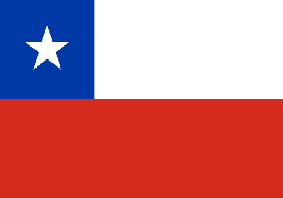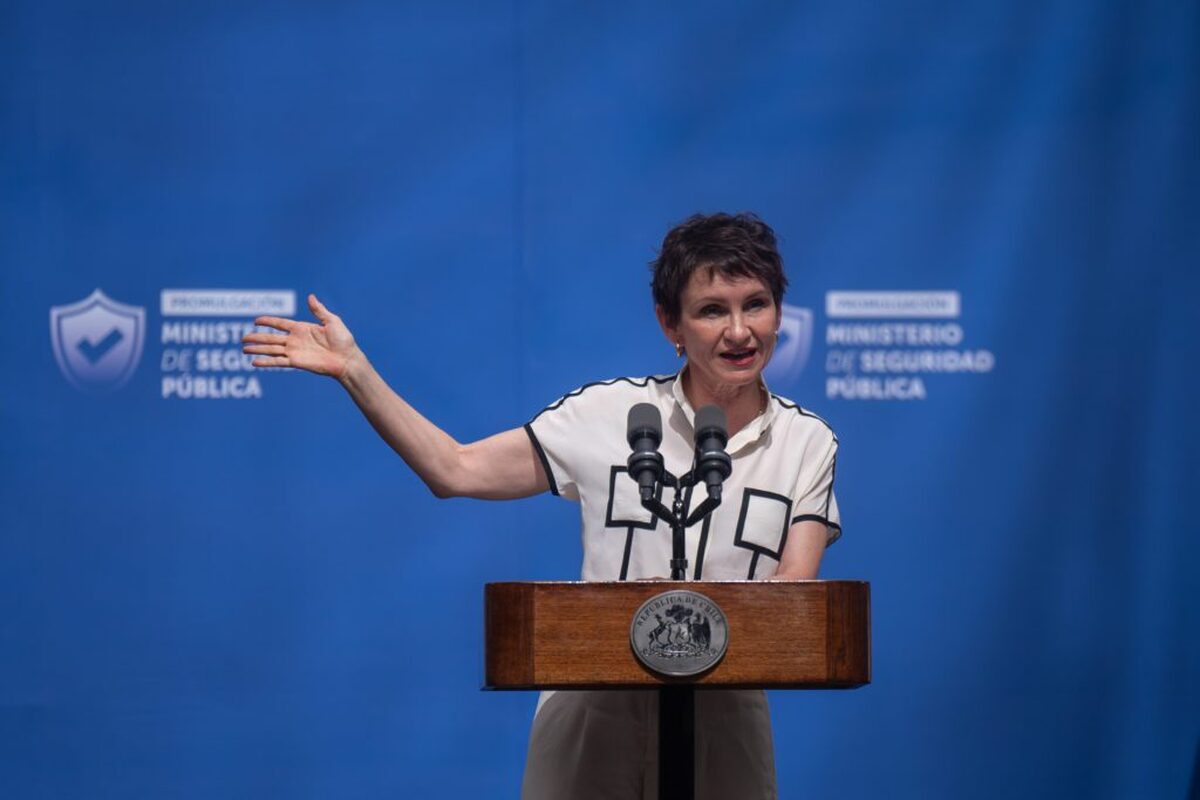
Another day of violence, looting in Chile

The center-right government of President Sebastian Pinera declared a state of emergency in metropolitan Santiago and other regions, dispatched the armed forces and established a nighttime curfew in Santiago and other cities. The measures, unprecedented since Chile restored democracy in 1990, have not succeeded in stifling the unrest today.
Infrastructure damage is most acute on the Santiago metro, considered the region's most modern. Dozens of metro stations were torched and will take months to restore, Metro board president Louis de Grange said this morning. At least two burned trains will take two years to replace.
Rioting, looting and vandalism first erupted on 17 October in response to a metro fare hike that the government has since suspended. At least two people died overnight in a fire at a supermarket in the western Santiago neighborhood of San Bernardo. In a separate incident, two alleged looters were shot by security forces.
Many schools have canceled classes tomorrow. Thousands of passengers are stranded in the Santiago international airport as carriers cancel and reschedule flights.
All political parties are calling for dialogue. The leftist opposition is demanding the immediate withdrawal of the military and measures to address economic hardship. Some are calling for a general strike this week. Parties allied with the government acknowledged the need for policy changes but warned of the risk of adopting populist measures that cannot be financed.
The government will determine later today whether to declare another curfew tonight ahead of the start of the work week tomorrow, said army general Javier Iturriaga, who was appointed by Pinera to lead the effort to restore public order.
"There is a serious disruption of public order," Iturriaga said. "The only thing that is we want is for people to get back to normal. This is not in our DNA."
In a separate address this morning, interior minister Andres Chadwick said Santiago registered 50 violent episodes overnight, and 53 more in other parts of the country. Nationwide, 716 people have been detained, most of them in Santiago.
Pinera will meet today with the presidents of the senate, the chamber of deputies and the supreme court, Chadwick said.
It is not clear if the unrest has affected Chile's strategic copper mining industry, but government authorities have quietly reached out to mining companies to determine whether workers will join the protest, an industry executive told Argus.
State-owned oil company Enap said yesterday its 95,000 b/d Aconcagua refinery has been partially suspended because of irregular power supply.
Many retail gasoline stations have run out of fuel, and others are only selling 97-octane gasoline, the costliest grade. Copec, Chile's main fuel distributor, reported this morning that distribution resumed this morning to replenish retail stations depleted by panic buying. The company is currently assessing damage from attacks on individual stations that remain closed.
The unrest comes on the eve of the Chilean government's hosting of the COP25 conference in Santiago in early December. The metro will not be fully functioning before then.
Regional pattern
The unforeseen crisis in Chile comes on the heels of chaos in Ecuador that was triggered by fuel price hikes. As in Ecuador, the unrest has persisted in Chile even after the government withdrew the fare hike.
On social media, the Venezuelan government of President Nicolas Maduro has celebrated the uprisings and accused the Ecuadorean and Chilean governments of repression. Ecuador and Chile, like most Western countries, do not recognize Maduro as Venezuela's president, and support a US-led campaign to install an interim administration.
Venezuela's political opposition says the Maduro government has fomented regional turmoil by coordinating and financing insurrection. Radical groups from Chile had a prominent presence at the regional Sao Paulo Forum in Caracas in late July, a leftist gathering that Maduro's opponents say is exploiting social discontent to destabilize the region.
Chile and Ecuador are among the Latin American countries that have absorbed hundreds of thousands of Venezuelan migrants in recent years. Chile hosts about 500,000 Venezuelans.


Gold price edges up as market awaits Fed minutes, Powell speech

Glencore trader who led ill-fated battery recycling push to exit

Emirates Global Aluminium unit to exit Guinea after mine seized

Iron ore price dips on China blast furnace cuts, US trade restrictions

Roshel, Swebor partner to produce ballistic-grade steel in Canada

US hikes steel, aluminum tariffs on imported wind turbines, cranes, railcars

EverMetal launches US-based critical metals recycling platform

Afghanistan says China seeks its participation in Belt and Road Initiative

Trump weighs using $2 billion in CHIPS Act funding for critical minerals

Energy Fuels soars on Vulcan Elements partnership

Northern Dynasty sticks to proposal in battle to lift Pebble mine veto

Giustra-backed mining firm teams up with informal miners in Colombia

Critical Metals signs agreement to supply rare earth to US government-funded facility

China extends rare earth controls to imported material

Galan Lithium proceeds with $13M financing for Argentina project

Silver price touches $39 as market weighs rate cut outlook

First Quantum drops plan to sell stakes in Zambia copper mines

Ivanhoe advances Kamoa dewatering plan, plans forecasts

Texas factory gives Chinese copper firm an edge in tariff war

Energy Fuels soars on Vulcan Elements partnership

Northern Dynasty sticks to proposal in battle to lift Pebble mine veto

Giustra-backed mining firm teams up with informal miners in Colombia

Critical Metals signs agreement to supply rare earth to US government-funded facility

China extends rare earth controls to imported material

Galan Lithium proceeds with $13M financing for Argentina project

Silver price touches $39 as market weighs rate cut outlook

First Quantum drops plan to sell stakes in Zambia copper mines

Ivanhoe advances Kamoa dewatering plan, plans forecasts


















